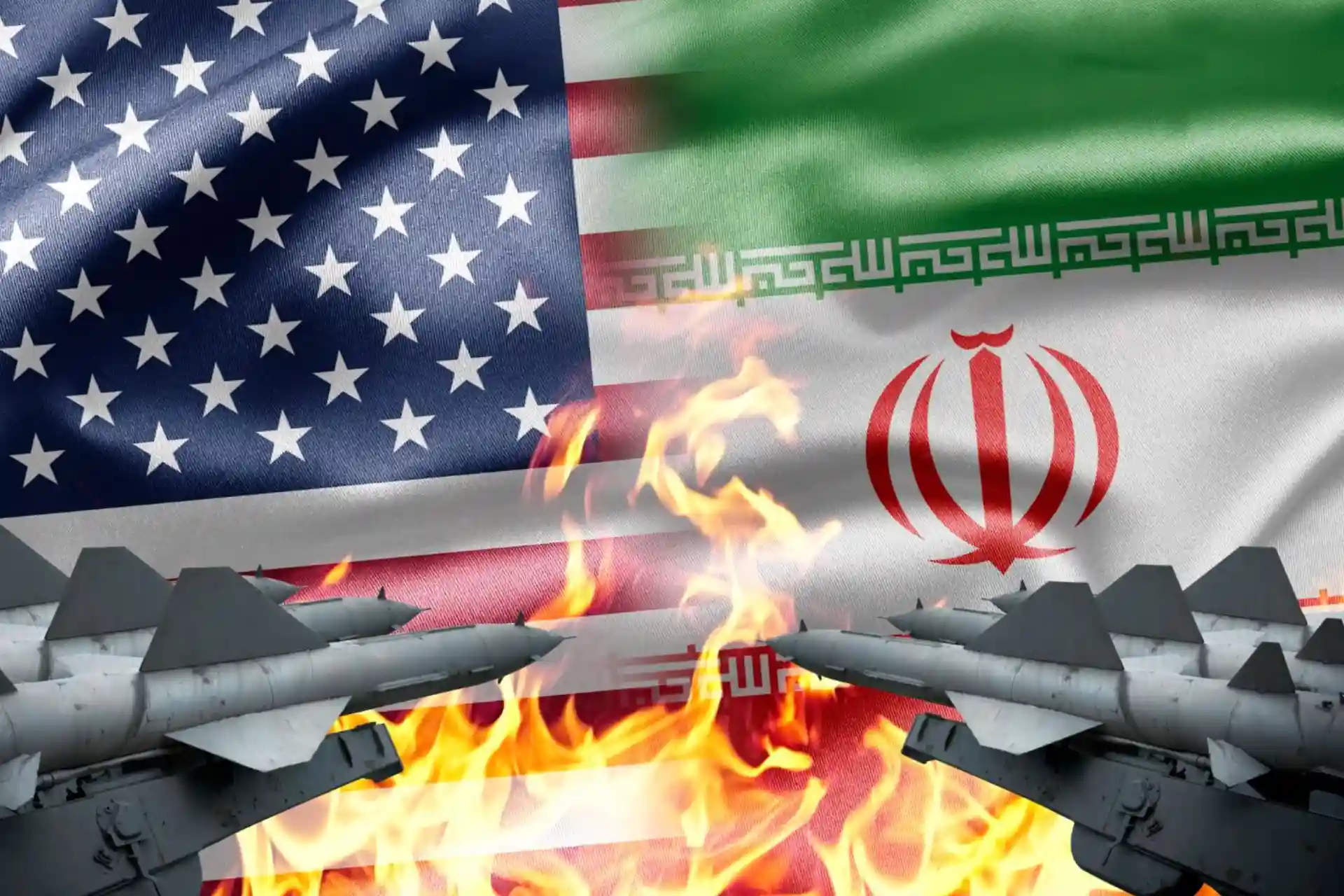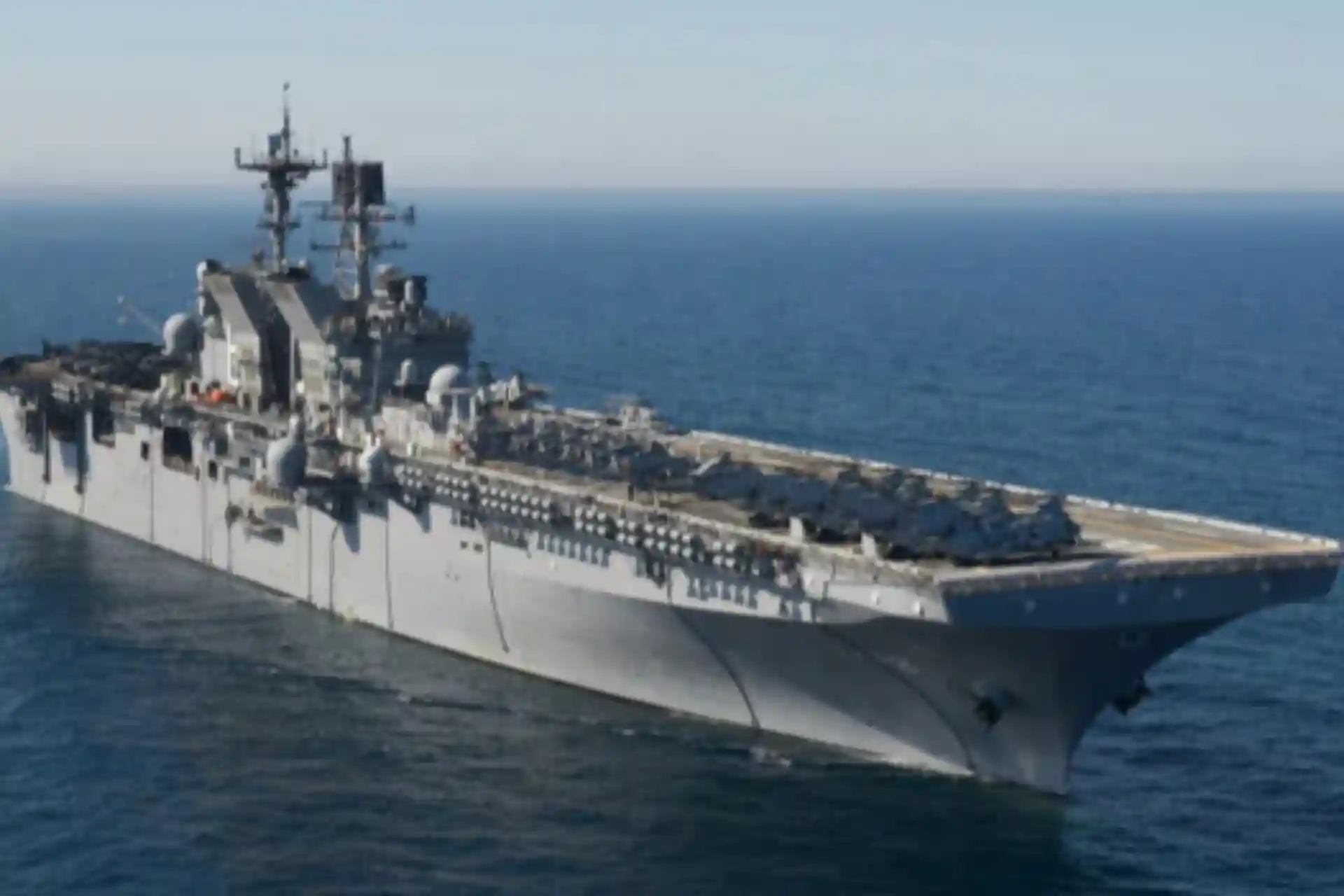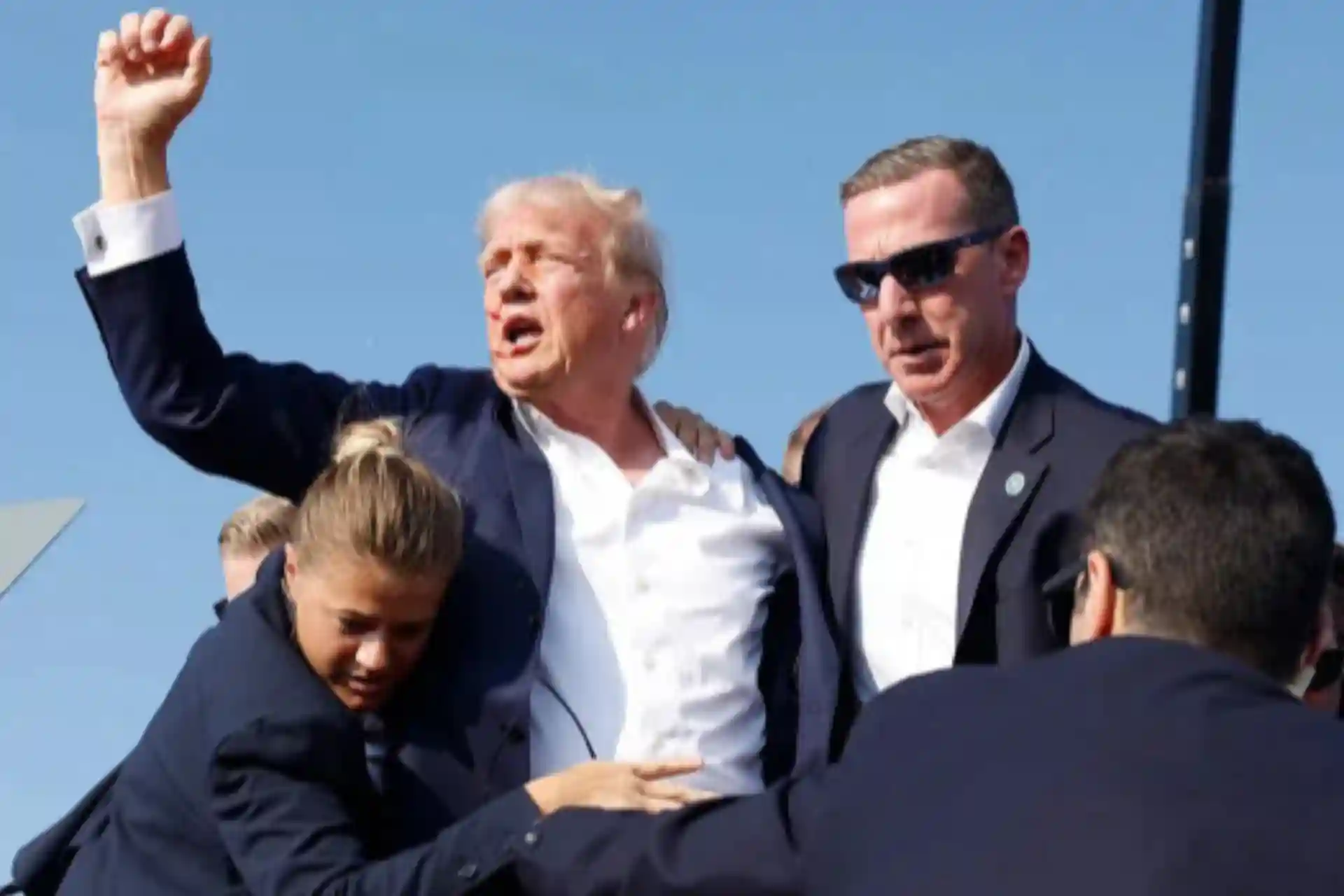Trump's dangerous game with Iran: could war break out between the two?
Trump's dangerous game with Iran: could war break out between the two?
While Israel is waging genocide in Gaza, launching completely unprovoked attacks on Lebanon and Syria, and escalating its aggression in the West Bank, the United States is playing a very dangerous game with Iran.
The United States has been ramping up its military presence in the Middle East in recent weeks, with military activity reaching record levels. Large amounts of military equipment and weapons have reportedly been transferred to American bases in Qatar, Bahrain, the UAE, Saudi Arabia, Kuwait and Jordan.
More worryingly, the US has deployed at least six B-2 bombers to its base on the Indian Ocean island of Diego Garcia. The B-2s are used to deliver the latest version of so-called "bunker disruptor" bombs, which are designed to penetrate deep into the ground and threaten Iran's underground nuclear facilities to a degree that Israel cannot.
Is Trump preparing for an attack or just threatening?
Donald Trump is clearly using these newly deployed forces to threaten Iran. But is he planning a full-scale attack or is he trying to intimidate Iran into giving in to demands over its nuclear program?
As is always the case with Trump, there may not be any clear plan here, and the signals he is sending are conflicting.
The Gulf Arab states have reiterated their firm refusal to allow their airspace to be used to attack Iran, which remains a bit of a stumbling block for Trump.
But it is precisely because of this refusal that B-2s are being deployed to Diego Garcia, which is worrying. The island is located in the Indian Ocean, about 2,500 miles from Iran. The planes launched from that base do not have to fly over the airspace of any Arab country to reach Iran.
The planes would have to fly longer distances, but the B-2 is capable of doing so. The flight would also be in Iranian airspace for longer periods of time, but the B-2's advanced stealth technology would make it much harder for Iranian air defenses to detect and target it.
The deployment of additional troops and equipment to American air bases is likely in anticipation of an Iranian response to the attack. An attack on Diego Garcia, which is located far from Iranian forces, is unlikely.
Instead, Iran is more likely to attack American bases in the Persian Gulf. In that case, the Arab resolve to prevent attacks from their territory could be weakened. If Iran decides to retaliate by attacking oil fields in the Persian Gulf countries - a response that would have a stronger impact on Washington than an attack on troops - America is likely to respond immediately. Moreover, even if there are restrictions, the United States will not sit idly by.
Considering all of this, we see that there is every reason to believe that the Trump administration is preparing for war.
Is Trump trying to force Iran to make concessions?
It's possible that Trump is doing all of this to force Iran to comply with his demands. He doesn't want to launch a full-scale attack on Iran, and he has his own reasons for that.
Trump presents himself as an anti-war president. We can safely say that this is nonsense. Because he actively approved the bombing of defenseless people in Yemen by the United States. But there are also internal pressures, that is, there are groups that do not want American soldiers to fight and die in Middle Eastern wars, and Trump is forced to give in to them.
This attitude, no matter how cowardly it may be to say that it is okay to kill foreign civilians as long as American blood is not spilled, is important to Trump.
As this massive military campaign is in full swing, Trump announced that he will visit Saudi Arabia, the UAE, and Qatar in May. His trip will mean nothing if he intends to attack Iran and set the Persian Gulf ablaze.
Indeed, Trump set a two-month deadline in mid-March to dismantle Iran's nuclear capabilities. However, the warning was vague; Trump did not specify when the two-month deadline would begin, nor did he explain exactly what he expected from the new nuclear deal.
Iran has rejected negotiations under threat of attack, and in general, direct talks with the Trump administration. However, Tehran has expressed its willingness to hold indirect talks with Washington.
Trump is said to be seriously considering indirect negotiations. This is not his preferred method, as it would deprive him of the opportunity to be in the spotlight. Trump is more interested in the outcome.
Iran understands this tactic well. On Monday, Ali Larijani, a senior adviser to Iran's Supreme Leader Ayatollah Ali Khamenei, said on Iranian television that the Islamic Republic might "reconsider" its position on nuclear weapons if it faced too much pressure. That could mean it could consider revoking the supreme leader's fatwa on nuclear weapons.
Larijani is a relatively moderate leader who has always advocated a pragmatic approach and is less prone to the harsh rhetoric used by hardliners in the Iranian government. The fact that he specifically mentioned this statement speaks volumes.
Larijani reiterated that Iran does not currently have a nuclear weapons program. More importantly, the United States' own intelligence community has also reached the same conclusion. While this has not been made public, Trump's Director of National Intelligence, Tulsi Gabbard, said in testimony to Congress on March 25: "The intelligence community continues to assess that Iran is not developing nuclear weapons and that Supreme Leader Khamenei did not authorize the nuclear weapons program that was suspended in 2003."
Iran has enriched uranium to 60 percent. Weapons-grade uranium is enriched to 90 percent, but civilian uranium does not need to be enriched to 60 percent. It has also suspended cooperation with the International Atomic Energy Agency (IAEA). Both steps were taken in response to the United States' unilateral withdrawal from the 2015 nuclear deal and the subsequent "maximum pressure" policy on Iran, including heavy sanctions, under Trump and Joe Biden.
Larijani's warning that Iran might consider nuclear weapons could be interpreted as setting the stage for forcing Trump to take a more reasonable stance if a deal averts war.
A dangerous game and an unexpected impetus for a solution
There is a clear danger in taking such opposing positions. A misstep, a misunderstanding, or the addition of another actor to the situation can create an even more dangerous situation in an environment already filled with weapons and threats. If the conflict breaks out by chance, all this bragging will be in vain and the situation may turn serious.
There are several potential actors involved in creating such a tense situation. The most prominent of these is Israel, whose Prime Minister Benjamin Netanyahu has been supporting a regime change war against Tehran for four decades. The United States and other non-state actors that view Iran as an enemy could also find ways to provoke conflict.
The Israeli prime minister is doing everything he can to convince Trump to strike hard and fast at Iran's nuclear facilities.
Interestingly, some of the Trump administration's most vocal advocates for a military response to Iran were surprisingly unsuccessful on Thursday. For example, far-right extremist Laura Loomer met with Donald Trump, along with national security adviser Mike Walsh. Walsh, of course, clashed with Trump after joining The Atlantic editor-in-chief Jeffrey Goldberg's Signal chat group, where he was discussing the attack on Yemen in real time.
Valls and many of his National Security Council staff have taken a hard line on Iran. They do not share Trump's desire to avoid foreign wars. For some reason, Loomer wanted to show his loyalty to Trump by denouncing the "neoconservatives" in his administration and calling for their dismissal.
The next day, three prominent members of Walsh's staff were fired - Brian Walsh, Thomas Boudry, and David Feith, the son of Douglas Feith, a prominent neoconservative and George W. Bush's deputy secretary of defense. All three, like Walsh, were in favor of military action against Iran, a policy that many "America First" supporters resented.
While the silencing of these voices and Valls's decline in popularity have reduced the pressure on Trump to go to war with Iran, they have not stopped the preparations for that war and the deployment of military forces. For now, however, they have reinforced the impression that Trump is trying to subdue Iran to his will without a full-scale attack. Netanyahu will undoubtedly do everything in his power to dissuade Trump from doing so.
Can Netanyahu dissuade Trump? It depends on how Trump envisions victory over Iran. If Trump can achieve his goal without war, he may choose that path. But he is also likely to be willing to help Israel in a smaller-scale attack. The problem is that, beyond preventing Iran from developing a nuclear weapon, which it does not actually have, it is unclear what else Trump wants from Tehran. Does he want to completely destroy Iran's entire nuclear sector, including civilian facilities?
Iran relies on nuclear energy for much of its domestic energy needs, and abandoning it would have huge economic and social consequences. Tehran would not agree to that. Will Trump demand that Iran rein in Ansar Allah in Yemen? Whether Iran is capable of doing so is an open question. Will Trump demand major concessions on Iran's ballistic missile program? Despite such intense hostility from the United States and Israel, Iran is unlikely to reduce its conventional weapons capabilities. But if Trump agrees to something similar to the old nuclear deal with a few additional details that would allow him to limit Iran's uranium enrichment program, grant IAEA inspectors full access again, close some high-level enrichment facilities, and, in short, claim to have gotten a better deal than Barack Obama, he could do it without war.
As always, it depends on what Trump wants, and his desires change every day.
Mitchell Plitnick, political commentator



